Aboriginal and Torres Strait Islander people should be aware that this resource contains references to names and works of people who are now deceased. External links may also include names, audio, and images of those who are now deceased.
Historical Acceptance is key to reconciliation in Australia. Historical acceptance means that Australians recognise, understand, and accept the wrongs of the past and the impact of these wrongs on First Peoples and ensure that the wrongs of the past never happen again. Historical acceptance cannot occur without truth-telling. Telling the truth about our history not only brings to light colonial conflict and dispossession, but also acknowledges the strength and resilience of Aboriginal and Torres Strait Islander peoples and cultures (Reconciliation Australia 2024).
Students have been learning about the importance of National Sorry Day, or the National Day of Healing, a day to acknowledge the strength of Stolen Generations survivors and reflect on how we can all play a part in the healing process for First Nations people and nation (Healing Foundation. 2024).
The Stolen Generation flower is a five-petal Native Hibiscus which grows across Australia and survives in harsh conditions. It is a symbol of strength, resilience and healing. It was chosen by the Kimberly Stolen Generation Aboriginal Corporation endorsed by the National Sorry Day Committee and embraced by the National Stolen Generations Alliance. It was chosen ‘to symbolise the scattering of the Stolen Generation and their strength and resilience to the eugenic policies of Australia. The colour purple symbolises compassion and spiritual healing and the flower is worn in solidarity and symbolises unity, strength and understanding’ (Kimberly Stolen Generation Aboriginal Corporation 2021).
In the studio students have been listening to the music of the great songwriter, story and truth-teller Archie Roach a Gunditjmara and Bundjalung Elder, rapper and Yorta Yorta man Adam Briggs & the captivating and beautiful voice of Geoffrey Gurrumul Yunupingu,a Gumatj man from Galiwin’ku on Elcho Island in the Northern Territory. While listening to their music we have been making textile native hibiscus flowers to wear/ give away and symbolise and express our care, understanding and ongoing commitment to the healing of the Stolen Generations. We are also making a communal purple ‘hibiscus’ rag rug to send to Reclaim the Void. Everyone is invited to give their hands and hearts to weave this symbolic rug. Stop by the art room if you would like to add your touch!
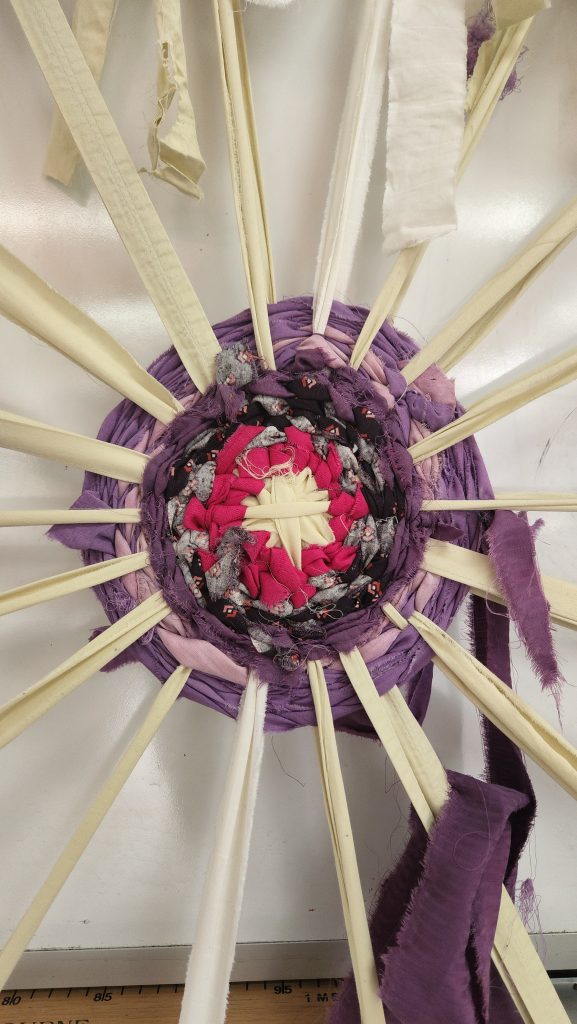
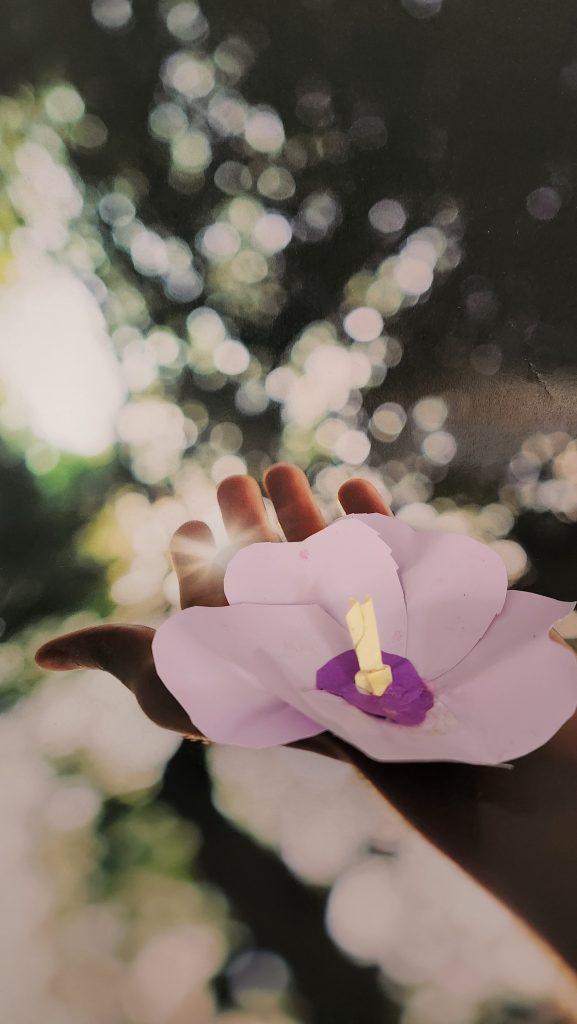
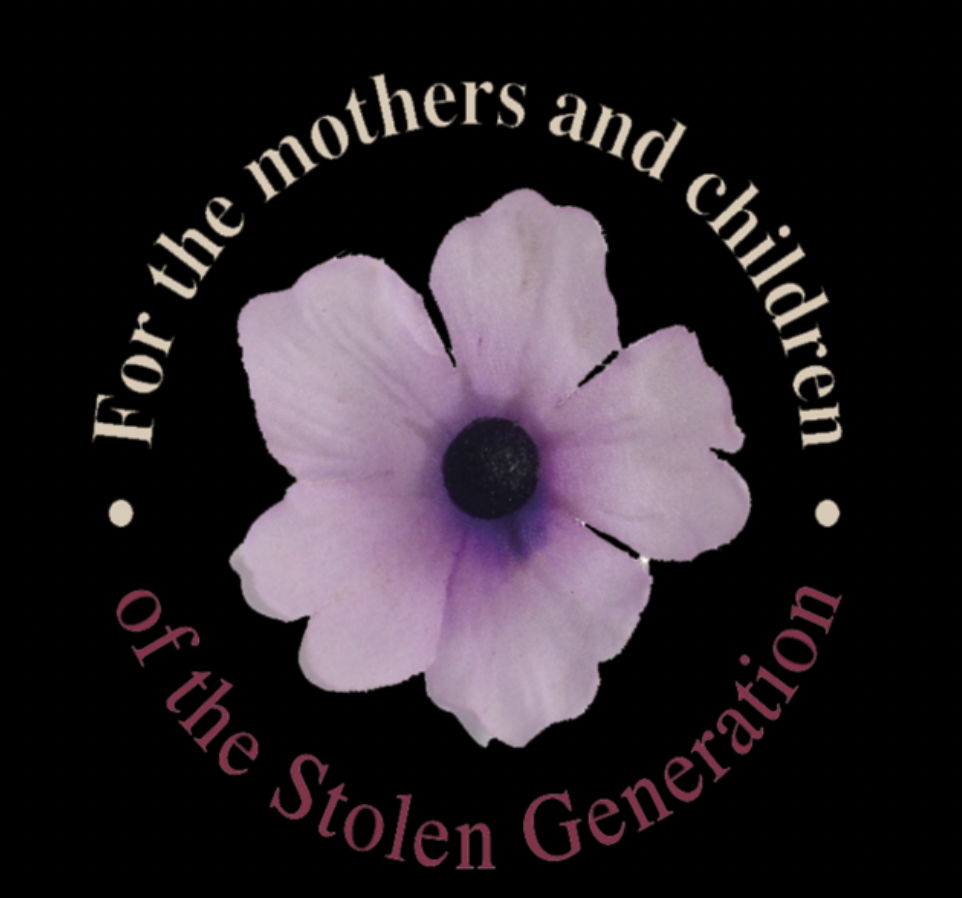
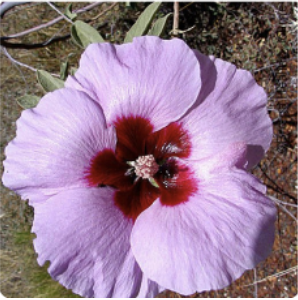
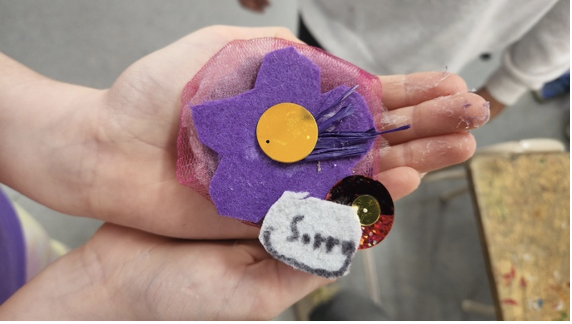
Leave a Reply